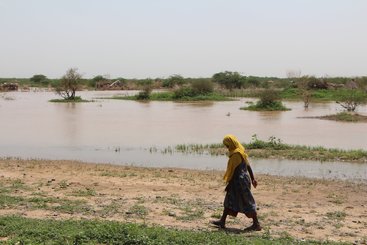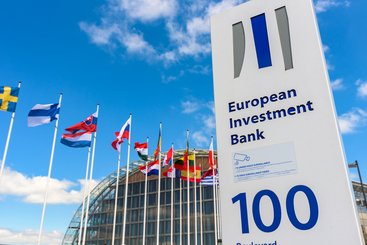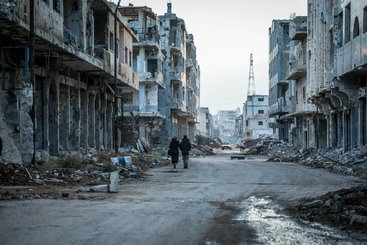Europe and the United States’ decades of diplomatic engagement and billions in international aid to build trust and goodwill across the Global South have been eviscerated, owing to their ‘complicity’ in the atrocities being committed in Gaza (particularly diplomatic and military support without conditions, and failure to call for an immediate ceasefire). The ‘West’ cannot be trusted.
This was the message we have consistently heard, following three months of discussions with civil society actors across the Global South. As the European Union (EU) enters the election year for the European Parliament, along with an incoming new Commission, this crisis of legitimacy is just one of many intersecting dynamics the bloc must navigate.
Geopolitics and intersecting crises
Astute analysis has already outlined the trends likely to drive humanitarian needs throughout 2024. Two months into the year, a multitude of factors are set to compound these needs, with major ramifications for Europe’s global humanitarian and diplomatic engagement.
Multilateralism is under immense strain. Most notably, the United Nations (UN) Security Council is proving ill-equipped to deal with the multitude of conflicts and related crises across the world. Political shifts to the right and isolationism are furthering divisions. This all comes at a time when competition amongst global and regional powers is fuelling geopolitical tensions, while many crises are neglected.
Whereas China was long perceived as the primary threat to Western hegemony, Russia and Iran seek to create alternate constellations of political and economic power. Multiple Gulf States are also entangled in protracted conflicts, such as the United Arab Emirates’ meddling in Sudan – a country where the ‘most likely’ 2024 scenario will see 500,000 people die from famine. Humanitarian coherence is desperately needed, but systems remain hamstrung.
These geopolitics coalesce with intensifying climatic shocks, armed conflict and Covid-fuelled debt crises, all of which are driving poverty and forced displacement. Meanwhile, global wealth is concentrated in fewer hands, particularly those of five men in the Global North. We have a profound distribution crisis.
Established commitments, persistent challenges
Taken together, these factors put further pressure on global, regional and national fissures – Sudanese face famine, while elites accrue unprecedented wealth. This has major implications for European humanitarian aid and systems, alongside the following key challenges:
- The acute humanitarian funding gap raises difficult questions about prioritisation. The EU has acknowledged the need for diversified and increased funding, but humanitarian needs and the funding gap are only set to increase (against a backdrop of consolidated wealth accumulation).
- Siloed thinking persists. Talk of the humanitarian–development–peace nexus has grown, but coherent engagement with systemic inequalities, the climate crisis and diminishing rights remains at the periphery of humanitarian aid policy.
- Humanitarian principles and civic space are under threat. International humanitarian law is flagrantly disregarded, while civic space is being rolled back across the globe. This regression is accelerating, from Myanmar to Sudan to Gaza.
- Localisation and decolonisation have stalled. International actors continue to dominate the global humanitarian system. Despite international resistance to change, states such as Indonesia and civil society networks, like those in Myanmar, are transforming responses, showing what can and must be done.
Implications for the EU’s humanitarian action
Building on existing commitments, flexible and long-term funding mechanisms remain critical and must better prioritise locally led responses, both by willing states and civil society actors, including refugee-led organisations. The nature of intersecting crises reinforces that the EU must accelerate the integration of climate/environment, humanitarian, development and peace action. This highlights the need for long-term vision and multi-year financing.
A Team Europe approach and coordination with a broader donor base are critical to improving sectoral coherence, more so than individual examples of improved donor practices. Finally, as the EU strives to demonstrate humanitarian leadership, increased resources will not suffice; greater adherence to and demonstration of principled action are more critical than ever. The impact could be transformative.
Trust in the West may have collapsed across the Global South, but for Belgium, Ireland and Spain the reverse is true, as their voices of reason towards Gaza have garnered widespread respect. This divergence is a poignant reminder – not only that principles matter, but that the EU’s political engagement must be coherent with its humanitarian action, of which humanity must be at the core.




